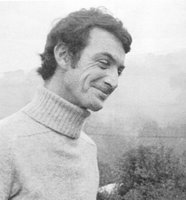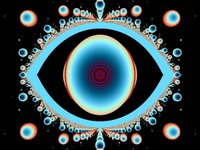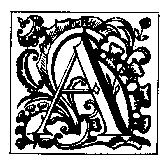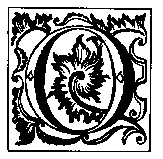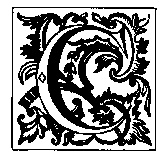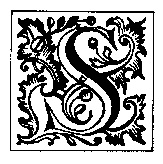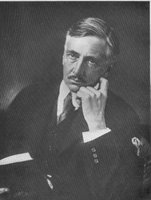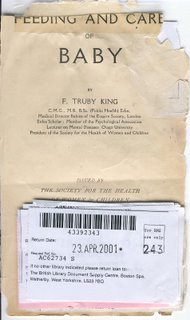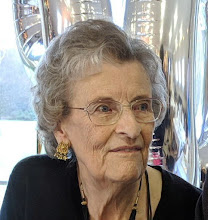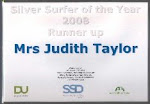I have no special angle on climate change. Like most people, I suppose, I believe in global warming, because the evidence seems undeniable. My own experience tells me that the weather is changing for the worse - but don't we always think that? I checked in on the Blog Action Day website and had a look at the Top 100 effects of global warming. Alright, most of them are quoted from newspapers and newscasts, and may not yet be fully attested scientifically - but can we afford to disbelieve them? Many of them are long-term effects which I am unlikely to see:
Ice melting, waters rising, sunamis and hurricanes, rivers drying up, more fires.
Loss of trees, plants, animals and fish. An increase in noxious plants and insects.
More diseases spreading, people getting sicker.
Increased threats to national security due to migrations, boundary tensions, and conflict over food and water. More wars, more refugees.
I think of my grandchildren. I think of those two girls and four boys, aged between 8 and 17, to whose flesh and blood I have contributed through my own sons; who bear my DNA, and will inherit, to greater or lesser degree, the physical and mental characteristics that I have passed on to them. They are my legacy to the world that I must leave, they are my immortality. But what sort of world will there be for them to inherit? Will it be a world that is still full of natural wonders, magnificent resources, beautiful habitats for man and beast a like. Will it still be possible to live full and satisfying lives, lives of invention, service, caring, and creativity? Or will the basic struggle for survival take all their energies. There are enough suffering peoples in the world already leading such lives. My family has been fortunate ...... will it continue to be through all the generations that will follow me?
.



























